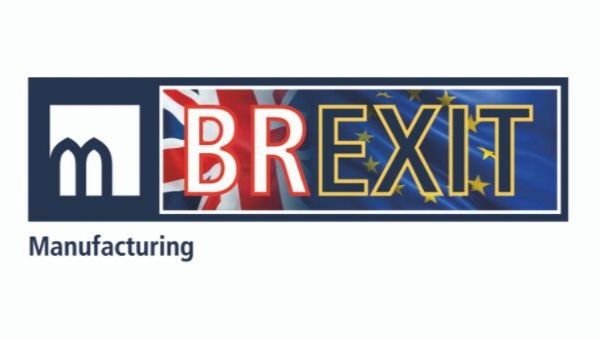Author
Average read time: 2.5 minutes.
What is a freeport?
A “freeport” is an area (usually surrounding an airport or sea port) designated by the Government within which normal tax and customs rules do not apply. Goods brought into a freeport are not subject to import tariffs and are often also subject to simplified customs documentation. Freeports are broadly similar to “free zones” and “enterprise zones” which are designated areas benefiting from special tax and regulatory arrangements and increased levels of Government support. Free zones and enterprise zones are often geared towards particular industries.
If goods move out of the freeport into another part of the country in which the freeport is located, they become subject to the full import process (including incurring import tariffs). Freeports are therefore designed to attract businesses which import, process and re-export goods, such as vehicle manufacturers who import parts for assembly and re-export to the European market without incurring tariffs on parts or on the final product for export. They therefore have the potential to boost manufacturing industry.
The UK has operated a number of freeports in the past, however as a member of the EU, UK freeports have previously been subject to EU controls. Until 2012 there were 5 freeports in the UK.
What is the UK Government proposing?
The UK Government are proposing to open 10 new freeports in the UK following Brexit. It is hoped that creating these new freeports will boost the UK manufacturing industry following Brexit by creating an incentive for businesses to locate themselves in, and operate from, the UK.
What has Brexit got to do with it?
The UK does not need to leave the EU in order to create the new freeports and the EU does not restrict the establishment of freeports. By way of example: the EU is currently home to 80 free zones (discussed above), 24 of these being located in the UK. However, all free zones currently operated within the EU are subject to European controls and, in particular, to EU state aid rules which are potentially limiting on the benefit obtained by operating freeports.
By establishing the new freeports in the UK following Brexit, the UK will no longer be subject to EU controls and state aid rules and the benefit to the UK of operating freeports will potentially be greater.
What next?
The Government has created a new “Freeports Advisory Panel” to provide advice on setting up the new freeports. Sea ports and airports in the UK will be able to apply for freeport status, which it is anticipated will be awarded to 10 successful candidates after the date the UK is expected to leave the EU in January.
If you would like more information on this topic, please contact David Thompson, Partner and Head of Michelmores’ Manufacturing team.

